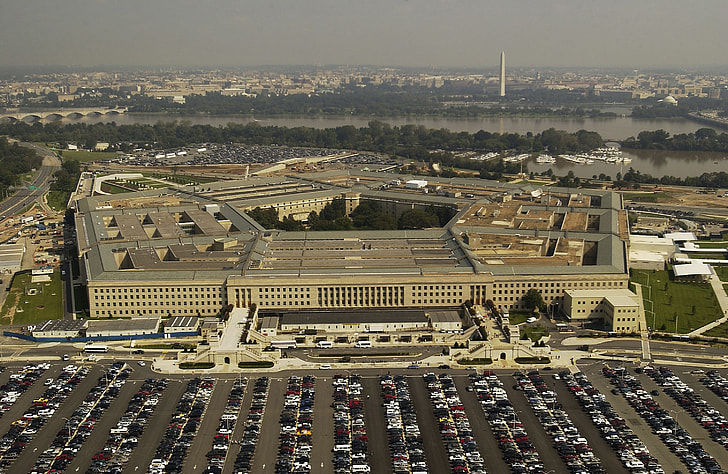The ongoing tensions between the United States and North Korea have intensified following North Korea’s latest intercontinental ballistic missile (ICBM) test. In a decisive statement, U.S. Secretary of Defense Lloyd Austin, speaking from the Pentagon, warned that any nuclear attack from North Korea would lead to the end of Kim Jong Un’s regime. This warning underscores the precarious balance of power in the region and the potential catastrophic consequences of nuclear conflict.
North Korea’s Missile Tests: A Provocative Act
North Korea’s missile tests have become a hallmark of its military strategy, aimed at deterrence and demonstrating its capabilities. The recent ICBM launch, capable of reaching U.S. territory, is viewed as a provocative act that challenges the international community. Analysts suggest these tests serve to showcase North Korea’s military advancements while solidifying Kim Jong Un’s leadership at home, but they also escalate security concerns both regionally and globally.
U.S. Response: A Firm Stance
In response to these provocations, Secretary Austin reaffirmed the United States’ unwavering commitment to South Korea’s defense. He emphasized that the U.S. would continue to support South Korea through nuclear deterrence and enhanced military capabilities. This includes the potential deployment of strategic assets in the region and joint military exercises aimed at improving readiness and strengthening alliances.
Austin’s warning to North Korea serves a dual purpose: to deter further provocations from Pyongyang and to reassure allies in the region of America’s commitment to their security. The gravity of Austin’s remarks highlights the serious nature of the threat posed by North Korea’s nuclear ambitions.
Broader Implications for Regional Stability
The prospect of a nuclear conflict on the Korean Peninsula raises significant concerns for both regional and global security. A nuclear strike by North Korea would threaten not only South Korea and Japan but could also provoke a catastrophic response from the United States and its allies. The potential for widespread devastation makes the stakes extraordinarily high.
Additionally, the situation complicates diplomatic efforts. Countries like China and Russia have historically shown some support for North Korea, often advocating for dialogue over military confrontation. However, both nations recognize the risks of a nuclear conflict, which could destabilize the entire region.
The Path Forward: Diplomacy and Deterrence
The U.S. has long pursued a combination of sanctions and diplomatic engagement to curb North Korea’s nuclear ambitions. However, recent years have seen stalled negotiations, leading to a cycle of provocations and escalating tensions. The international community remains divided on how best to approach North Korea, with some advocating for stronger sanctions while others call for renewed diplomatic initiatives.
As the situation evolves, a comprehensive strategy that includes both deterrence and dialogue is essential. The U.S. must navigate the complex dynamics of regional politics, balancing its commitment to allies with the need to address North Korea’s security concerns in a way that fosters a conducive environment for negotiation.
Conclusion
The Pentagon’s warning highlights the serious risks associated with North Korea’s nuclear ambitions. While the U.S. and its allies remain committed to deterring aggression, a nuanced approach that emphasizes both military readiness and the potential for diplomacy is crucial. With high stakes involved, all parties must tread carefully in this volatile geopolitical landscape to avoid miscalculation and ensure regional stability.



